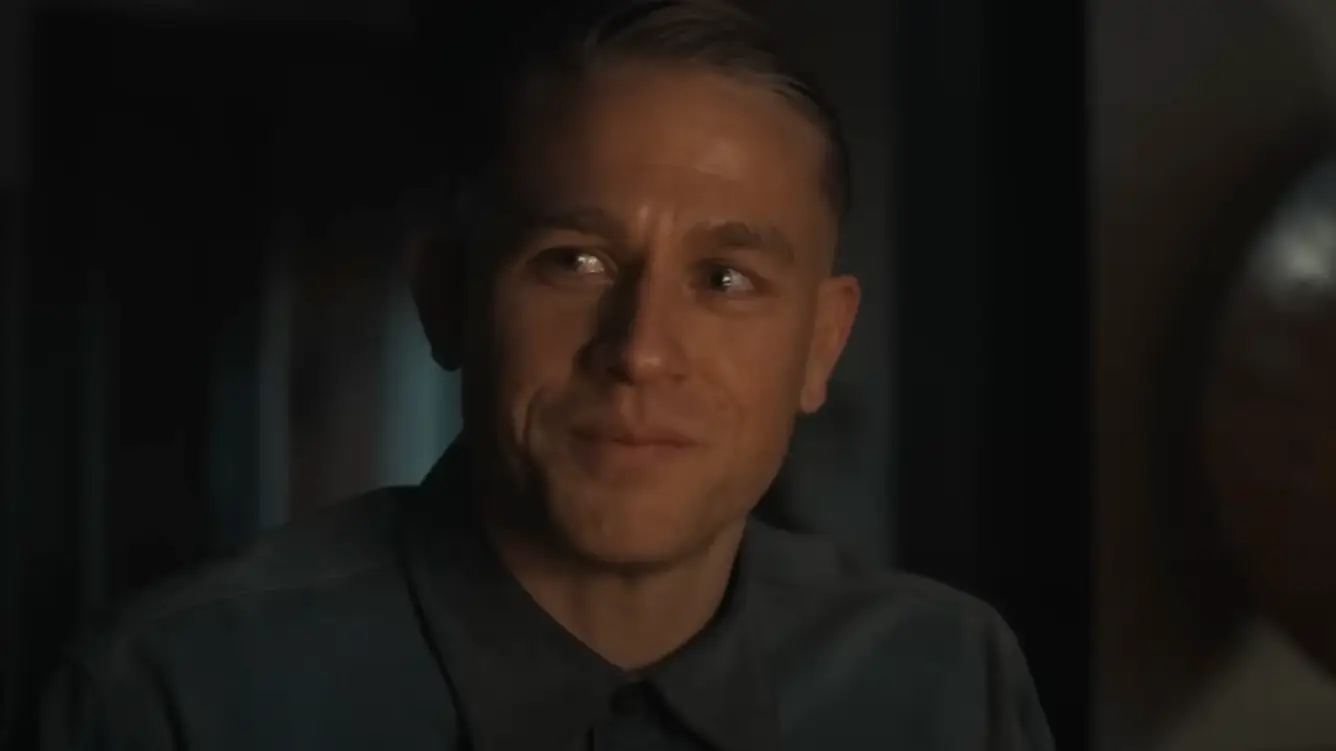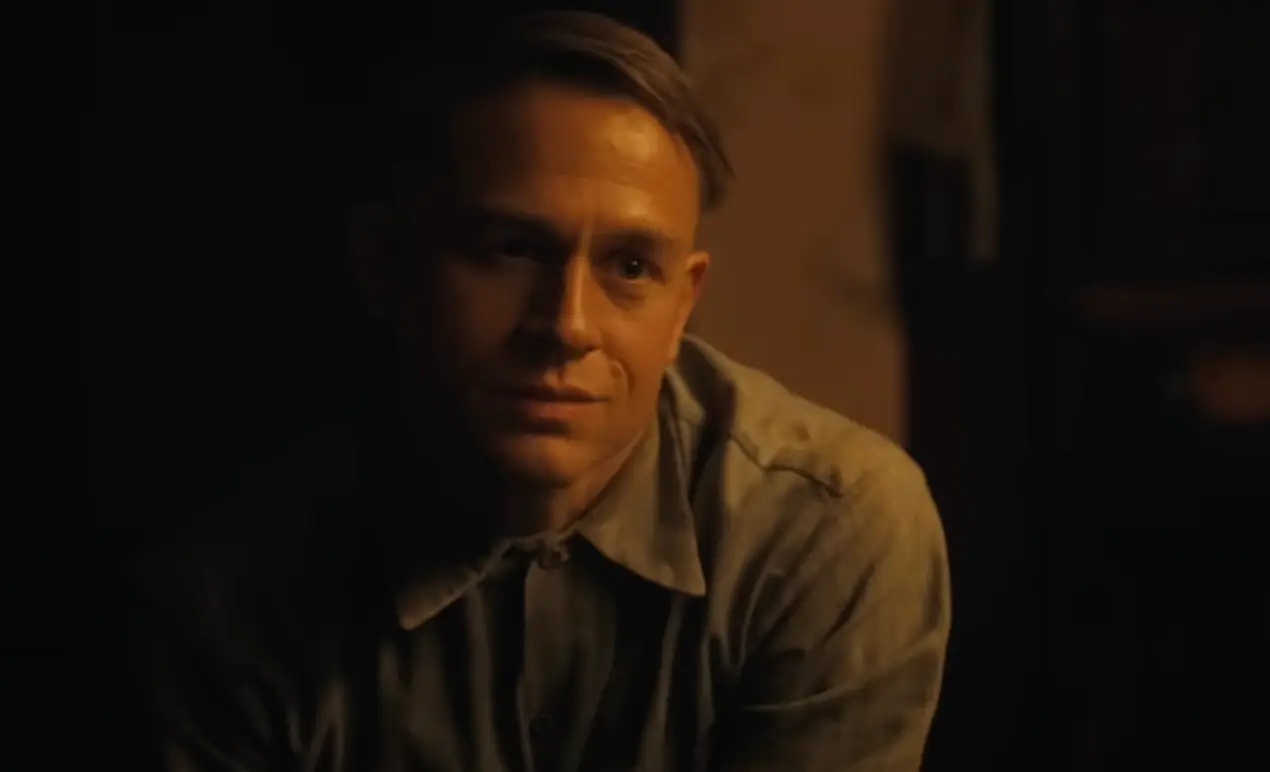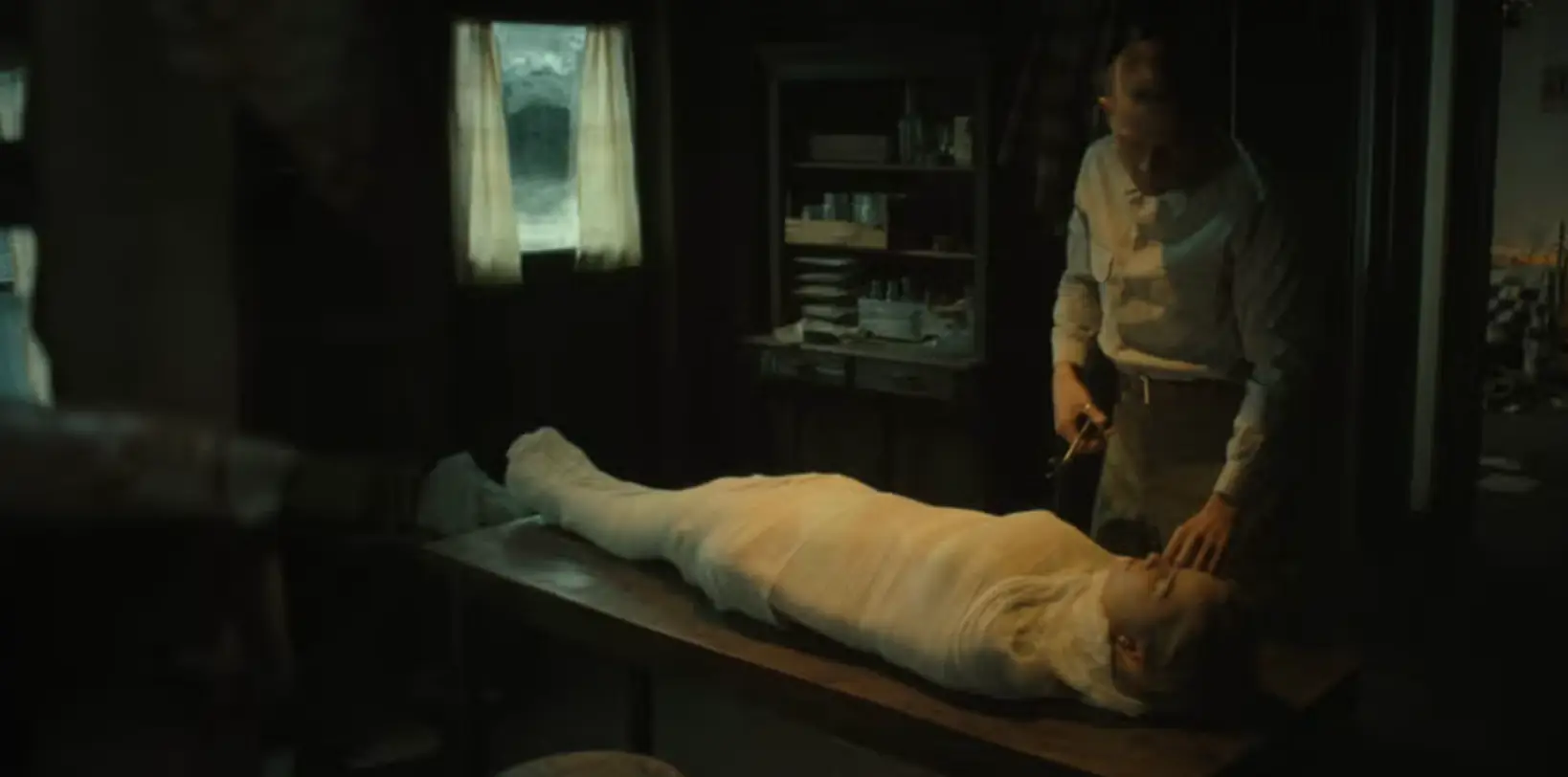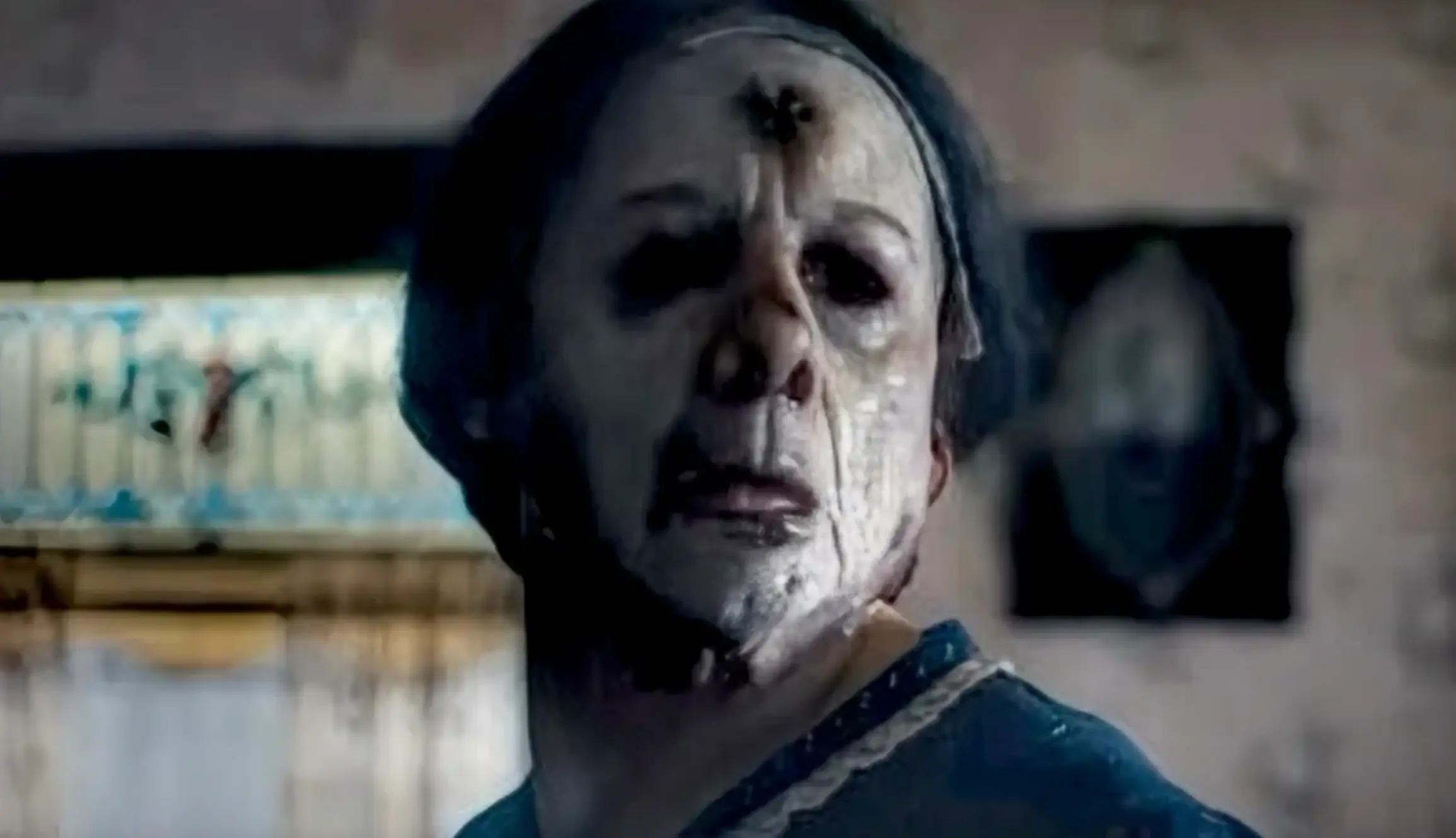
It's been less than a week since Monster: The Ed Gein Story dropped on Netflix and, given the sheer hype online, it's no surprise it's already made its way to the No. 1 spot for series in the UK.
Now, the eight-parter - the third instalment of Ryan Murpher's Monster series, which also covers the gory crimes of Jeffrey Dahmer as well as the haunting case of the Menendez brothers - is inspired by murderer and grave-robber Gein’s real-life crimes, which begin to bleed through into the main narrative.
And, while there's a major true crime craze online at the moment following the show's release on Friday (3 October), with special interest in Gein's real voice and all the horror films inspired by his stomach-churning acts, it's clear that it's not all simply entertainment, as a psychologist has shared an important message for anyone watching the series over one specific 'misleading' detail.
Check out the official Netflix trailer here:
Advert
Are 'monsters' born or made?
Tyla spoke to psychologist Dannielle Haig about the TV series to get her insights on Gein, who is played by Sons of Anarchy star Charlie Hunnam.
We asked the expert whether 'monsters' like Gein - who was convicted of killing two women in 1950s Wisconsin (Mary Hogan in 1954 and hardware store owner Bernice Worden in 1957) but is suspected of taking the lives of many more - are born or made.
"Extreme criminality is not hard-wired from birth," Dannielle explains. "Research on adverse childhood experiences (ACEs) shows that severe trauma, neglect, and unsafe environments can profoundly distort empathy, impulse control, and moral development."
While acknowledging that genetics and temperament do play a role, the expert says that it's the environment 'usually tips the balance'.
"When a child grows up without safety or love, it is extremely difficult for them to learn healthy attachment or develop a conscience. Framing killers as 'born monsters' oversimplifies the complexity of human development and can distract from understanding and prevention," she adds.

Portrayal of schizophrenia and dissociation
Now, the real-life Gein was initially found unfit to stand trial and confined to a mental health facility. By 1968, he was judged competent to stand trial, where he was found guilty of the murder of Worden, but was found legally insane and thus was remanded to a psychiatric institution.
The series depicts hallucinations and detachment in ways that mirror some real symptoms of schizophrenia.
"However," Dannielle notes, "dramatisations often exaggerate danger and create a misleading link between schizophrenia and violence."
Issuing an important message to viewers, the psychologist outlines: "Research consistently shows that most people with schizophrenia are not violent; risk rises mainly when untreated psychosis combines with substance misuse.
"When fiction repeatedly pairs psychosis with horror, it reinforces fear and deepens stigma rather than helping the public understand the condition."

Impact of violent content on viewers
You'd have to have a pretty sturdy stomach to watch the graphic scenes of the series without gagging.
"Media psychology research, including cultivation theory and studies on desensitisation, shows that repeated exposure to violent content can have mixed but meaningful effects," Dannielle continues.
She points out that true crime can inform and educate, but watching graphic violence repeatedly may 'numb empathy for victims or increase fear of crime in everyday life'.
"For some viewers, it reshapes their sense of safety and normalises brutality without them realising it," she warns.
According to social learning theory and mirror neuron research, the brain rehearses what it sees and stores those scripts in memory.
"For most people, consuming violent media is harmless curiosity," Dannielle says. "But for someone already isolated, highly fantasy-prone, or struggling with impulse control, repeated exposure can reinforce violent fantasies and dangerous patterns of thought.
"While creators cannot predict every individual response, they have an ethical responsibility to avoid glamorising or presenting extreme acts in a way that could be seen as instructional."

Morbid curiosity
Now, there's already been a warning issued to anyone who relaxes by watching true crime, but Dannielle goes one step further and explains: "Humans are wired to study threat from a safe distance as part of an evolved survival response.
"Terror management theory and curiosity research show that we are drawn to danger to understand and contain our fears. True crime offers a safe space to explore risk, compare ourselves to 'the other,' and feel reassured about our own normality."
For some people, she says, it is cathartic while for others, it is an 'uncomfortable but compelling way of confronting the worst possibilities without personal danger'.
The psychologist also highlights that exploring a killer’s humanity can help us understand how violence develops and may support prevention efforts.
She does note, however, that empathy is different from exoneration.
"The risk arises when humanising a perpetrator slides into romanticising them or shifting attention away from the victims. Insight becomes dangerous when it turns the offender into an anti-hero or minimises the harm they have caused," Dannielle adds.

What audiences should take away?
For Dannielle, the key lesson audiences should take away from Monster: The Ed Gein Story is not simply that 'evil exists'.
"Research on adverse childhood experiences and early intervention shows that trauma, isolation, and untreated mental illness can warp development, but timely support and safe environments can change outcomes," she assures.
"Viewers should leave curious about how prevention works, how compassion and accountability can coexist rather than simply feeling shocked or fearful."
Monster: The Ed Gein Story is currently available to stream on Netflix.
If you're experiencing distressing thoughts and feelings, the Campaign Against Living Miserably (CALM) is there to support you. They're open from 5pm–midnight, 365 days a year. Their national number is 0800 58 58 58 and they also have a webchat service if you're not comfortable talking on the phone.
Topics: Mental Health, True Crime, Ed Gein, Netflix, TV And Film, Advice, Tyla Exclusive